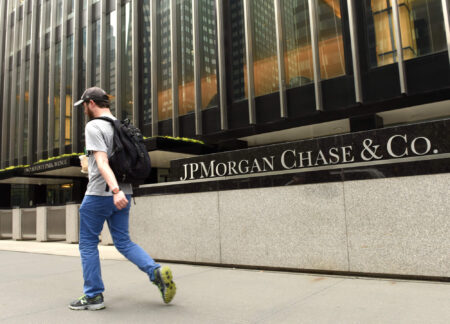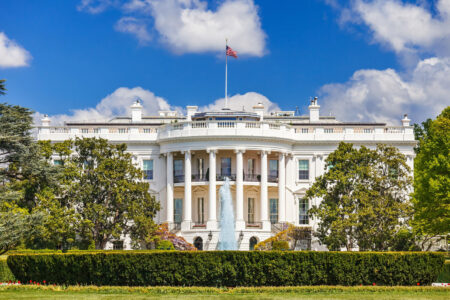After nearly two years of heated discussions on the first comprehensive EU regulatory framework for cryptocurrencies (MiCA), the European Commission, relevant legislators and member states were able to agree on a blueprint. What does the decision mean for crypto companies and users in the EU?
The new legal framework, which has been under debate since its introduction in 2020, covers the areas of transparency, disclosure, authorization and monitoring of transactions by service providers. It primarily aims to create a uniform approach across all 27 member states. However, MiCA is not without its critics.
Legal framework for crypto and digital assets
The law known as Markets in Crypto-Assets (MiCA) will impose new regulations on numerous players in the crypto market. In addition to exchanges, it primarily affects issuers of so-called stablecoins, which are pegged to existing assets such as the U.S. dollar or the euro. Under the new rules, stablecoins such as Tether (USDT) and Circle's USDC must maintain adequate reserves to meet redemption requests in the event of mass withdrawals. Stablecoins that become too large (systemically important) must also expect their transactions to be capped at 200 million euros per day; somewhat absurd given the current billion-dollar volumes.

Overall, MiCA is a first attempt to create comprehensive regulation for digital assets in the EU. While some of the stricter guidelines have unsettled crypto companies, several industry insiders see the move as a step in the right direction. They believe Europe could lead the way for regulating cryptocurrencies. The legislative package is expected to come into force as early as 2024. The introduction at EU level would put pressure on the US and the UK to catch up as quickly as possible.
Financially stable through laws
MiCA also gives the European Securities and Markets Authority (ESMA) the power to ban or restrict crypto platforms if it believes they do not adequately protect investors or even threaten financial stability.
"Today, we are bringing order to the Wild West of cryptoassets and setting clear rules for a harmonized market that provides legal certainty for cryptoasset issuers, guarantees equal rights for service providers and also ensures high standards for consumers and investors." - Stefan Berger, Negotiator in the European Parliament
Furthermore, MiCA also addresses environmental issues related to cryptocurrencies, forcing companies to disclose their energy consumption as well as the environmental impact of digital assets. A win over an earlier proposal that aimed to completely ban mining, the energy-intensive process of minting new units of Bitcoin (BTC) and other coins.
Legal certainty for companies
MiCA being finalized this year was widely expected. A number of digital asset firms operating in Europe or planning to expand into Europe have already taken steps prior to this. These were designed to ensure compliance as soon as possible.
Coinbase, for example, recently announced that it was targeting five potential European jurisdictions: Spain, Italy, France, the Netherlands and Switzerland. The publicly traded company already has approvals from Ireland and Germany, as well as from the U.K.'s Financial Conduct Authority to operate a multilateral trading facility (MTF). With the new framework, the leading U.S. crypto exchange sees an advantageous moment to enter the EU market.
Industry representatives not satisfied with the whole package
MiCA is not intended to impact non-issuer tokens such as bitcoin, however trading platforms will be required to warn consumers of the risk of loss when trading digital tokens; similar to other assets. MiCA complements existing AML regulations and aims to improve financial stability and investor protection in Europe. Separately, regulators agreed on measures that will reduce anonymity in certain crypto transactions. They said authorities are deeply concerned about the exploitation of crypto assets to launder illicit earnings or evade sanctions, particularly in the wake of Russia's ongoing invasion of Ukraine.
Transfers between exchanges and so-called "unhosted wallets" held by individuals must also be reported. This is a contentious issue for crypto enthusiasts who frequently trade digital currencies for privacy reasons. Anonymous payments are thus effectively banned. In the end, even the EU Commission's proposed cap of 1,000 euros for anonymous transactions was abandoned. Although the citizens to be protected see the anonymous use of cash as "essential personal freedom" and made this known in the surveys.
Paolo Ardoino, chief technology officer of Tether, the world's largest stablecoin issuer, nevertheless welcomes the regulatory clarity. MiCA, he said, is comparable for crypto to the GPDR for data protection. The EU's groundbreaking data protection rules have set the standard for similar laws in other parts of the world.




